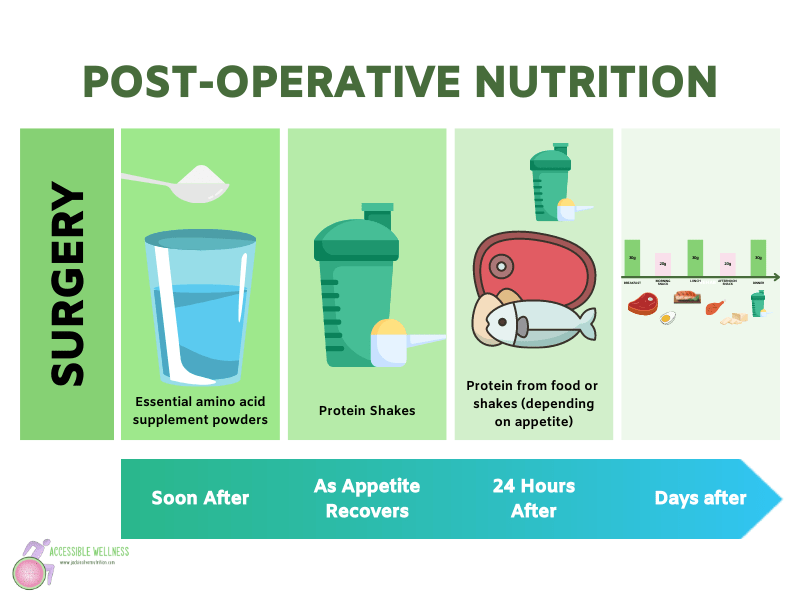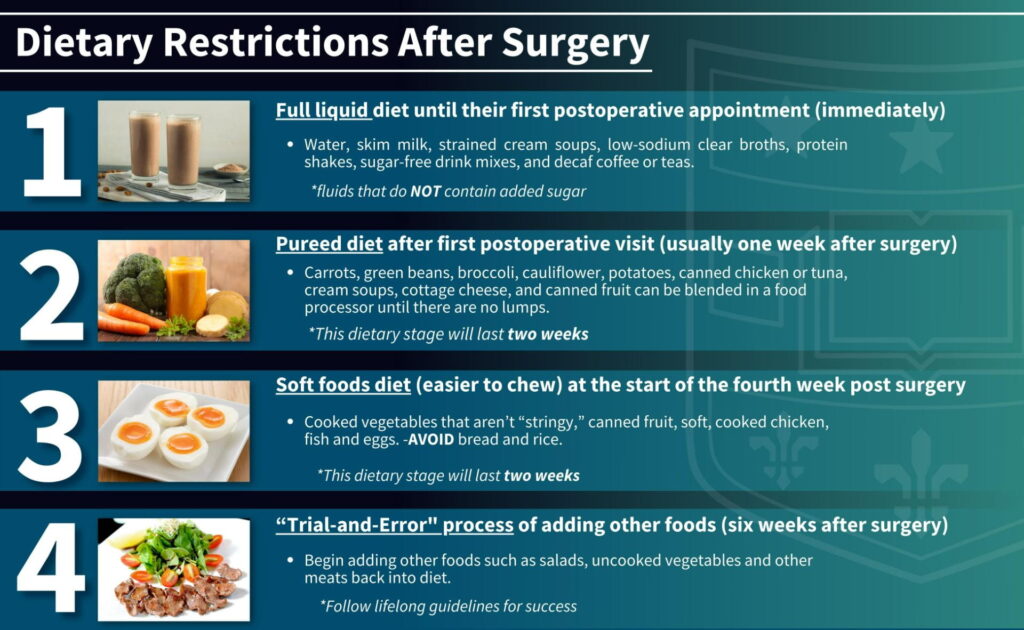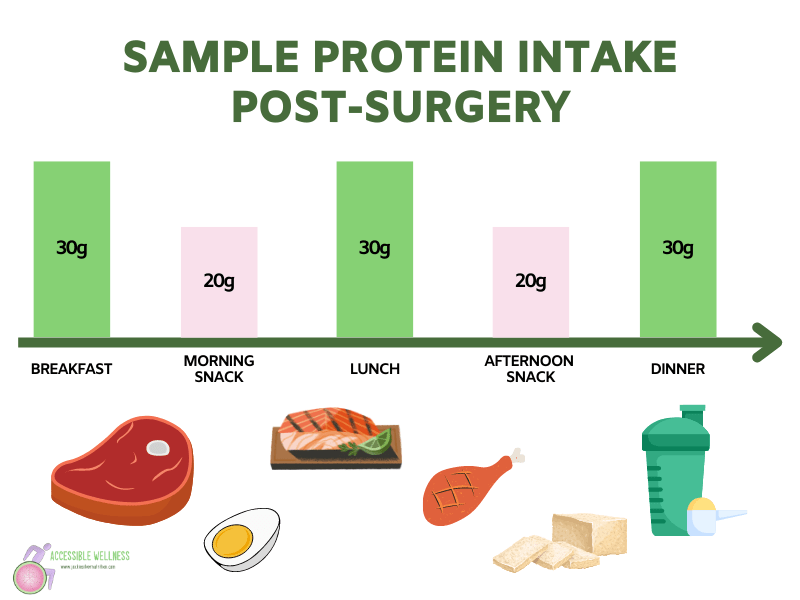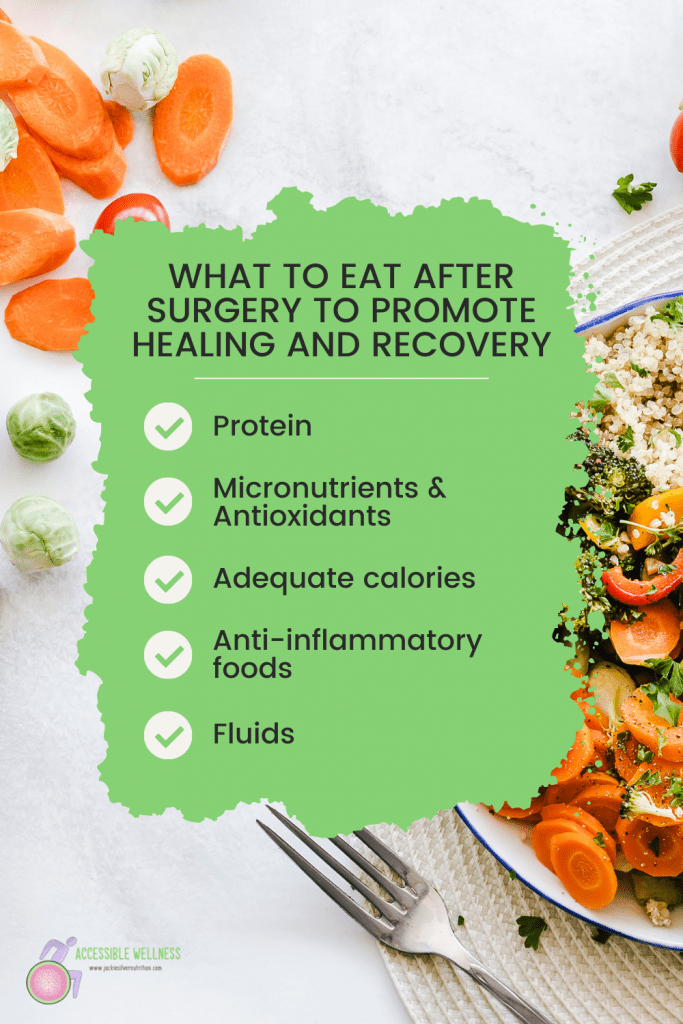If you’ve recently had surgery, you may be wondering about the dietary restrictions you should be following as you recover. Your doctor may suggest avoiding certain foods that could interfere with your healing process or cause discomfort. It’s important to stick to the recommended guidelines to ensure a smooth recovery and promote optimal healing. By making small adjustments to your diet, you can support your body’s recovery and return to feeling your best in no time. Hey there! So, you’ve just had surgery and you’re probably wondering what you can and can’t eat… Let’s dive into the specific dietary restrictions you should follow post-surgery.

Understanding Post-Surgery Dietary Restrictions
After surgery, your body needs time to heal and recover. This means that certain foods may be off-limits or should be limited to ensure your body can heal properly.
Why Are Dietary Restrictions Important Post-Surgery?
Following dietary restrictions post-surgery is crucial for a few reasons. First and foremost, certain foods can interfere with the healing process or even cause complications. By following these guidelines, you’re giving your body the best chance to recover fully.
How Long Should I Follow Post-Surgery Dietary Restrictions?
The duration of your dietary restrictions post-surgery can vary depending on the type of surgery you had and how well you’re healing. It’s essential to follow your healthcare provider’s guidance on this matter.
Foods to Avoid Post-Surgery
It’s crucial to be mindful of the foods you consume post-surgery to prevent any issues and aid in your recovery. Here are some foods you should avoid:
| Foods to Avoid Post-Surgery |
|---|
| Carbonated drinks |
| Spicy foods |
| High-fat foods |
| Raw vegetables and fruits |
Carbonated Drinks
Carbonated drinks can cause bloating and discomfort, which can be particularly challenging post-surgery when your body is trying to heal. Stick to still water or herbal teas instead.
Spicy Foods
Spicy foods can irritate the stomach lining, leading to discomfort and potentially interfering with the healing process. It’s best to avoid spicy foods until you’ve fully recovered.
High-Fat Foods
High-fat foods can be hard to digest, especially post-surgery when your digestive system may be a bit sluggish. Opt for lean proteins, whole grains, and fruits and vegetables instead.
Raw Vegetables and Fruits
Raw vegetables and fruits can be tough on your digestive system, particularly if you’re experiencing any digestive issues post-surgery. Cooked or steamed vegetables may be easier to digest.

Foods to Emphasize Post-Surgery
While there are foods to avoid post-surgery, certain foods can actually aid in your recovery. Here are some foods you should emphasize post-surgery:
| Foods to Emphasize Post-Surgery |
|---|
| Lean proteins |
| Whole grains |
| Fruits and vegetables |
| Hydrating foods (e.g., soups) |
Lean Proteins
Proteins are essential for tissue repair and recovery post-surgery. Opt for lean proteins such as chicken, turkey, fish, tofu, and legumes to support your healing process.
Whole Grains
Whole grains provide essential nutrients, including fiber, which can help with digestion post-surgery. Incorporate foods like brown rice, quinoa, and whole-grain bread into your meals.
Fruits and Vegetables
Fruits and vegetables are packed with vitamins, minerals, and antioxidants that can support your recovery post-surgery. Aim to include a variety of colors to ensure you’re getting a wide range of nutrients.
Hydrating Foods
Staying hydrated is crucial for recovery, especially post-surgery. Opt for hydrating foods like soups, smoothies, and watery fruits like melons to ensure you’re getting enough fluids.

Tips for Managing Your Diet Post-Surgery
Managing your diet post-surgery can feel overwhelming, especially when you’re juggling recovery and other responsibilities. Here are some tips to help you navigate this period:
Plan Ahead
Planning your meals in advance can take the guesswork out of what to eat and ensure you have the right foods on hand. Consider meal prepping or creating a meal plan for the week.
Listen to Your Body
Pay attention to how your body reacts to different foods. If something doesn’t sit well with you, make a note of it and adjust your diet accordingly. Your body knows best!
Take Small, Frequent Meals
Eating smaller, more frequent meals can help prevent digestive issues and keep your energy levels stable throughout the day. Plus, it can take some of the pressure off your digestive system.
Stay Hydrated
Proper hydration is crucial for recovery, so make sure you’re drinking enough fluids throughout the day. Aim for at least eight glasses of water a day, more if you’re active or it’s hot outside.
Don’t Rush the Process
Recovery takes time, and that includes dietary changes. Be patient with yourself and follow your healthcare provider’s recommendations. Rushing things can lead to setbacks in your recovery.
Seek Support
If you’re struggling to follow your post-surgery dietary restrictions, don’t hesitate to reach out for support. Whether it’s from a friend, family member, or healthcare provider, having a support system can make a big difference.

Conclusion
Following specific dietary restrictions post-surgery is essential for supporting your body’s healing process. By avoiding certain foods and emphasizing others, you can give your body the best chance to recover fully. Remember to listen to your body, stay hydrated, and seek support if needed. Your body will thank you for it!

